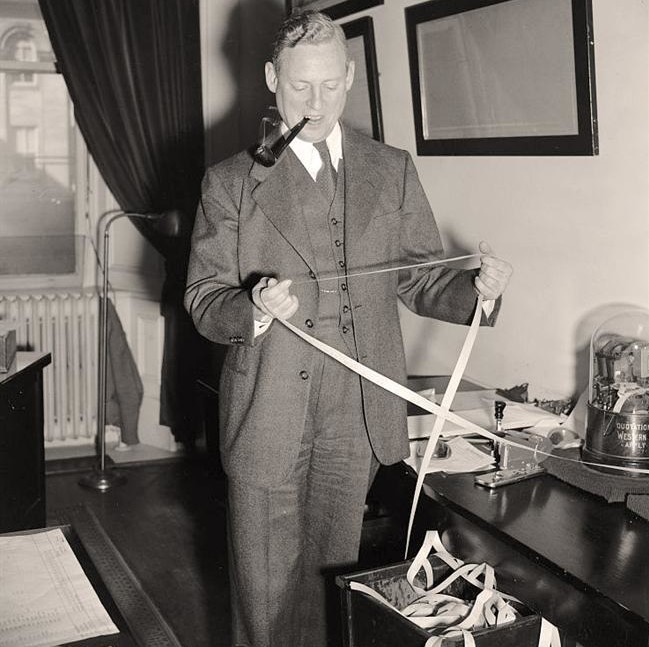There’s an obvious question without an easy answer of whether traditional economic systems will be able to service the needs of the 21st century, at least the needs of those people who aren’t, in Romney-speak, corporations. Early in the Industrial Age, capitalism’s brutish excesses were curbed by labor unions and newspaper muckrakers and tax codes. In the Digital Age, many of those safety nets have come undone, and it’s not clear if they would have on their own been adequate to deal with the gathering storm.
The Uber business model produces some good at high costs, destabilizing businesses and replacing solid jobs with piecework. AI’s continued development will likely bring exceptional benefits to us but also further hollow out the middle. Even if some plans for automation fall by the wayside, enough will probably succeed to upset Labor, causing industries to rise and fall with shocking speed.
If, for example, driverless autos can be perfected in the next 20 years and proliferate, tens of millions of jobs will quickly be gone from every developed country in trucking, taxis, delivery, etc. In fact, a driverless taxi fleet needn’t even have an owner. The cars could “own” themselves, using the fares to automatically pay for repairs and purchase new vehicles. The operation could entirely run itself. Prices for trips from such outfits will be cheap, which is a good thing, since you might not have a job.
From Antony Funnell’s smart Radio National’s Future Tense piece about the question of capitalism in the Digital Age:
University of Maryland legal academic Frank Pasquale, who focuses on the ethical, legal and social implications of information technology, calls them the ‘Silicon Valley oligarchs’.
‘I think the fundamental problem is that people don’t like to face up to the reality of monopolisation,’ says Pasquale, speaking about the global rise of Uber, Airbnb and other so-called sharing economy companies. ‘It’s much more convenient to believe the comforting myth that these markets are always contestable.
‘A firm like Uber is an appeal to venture capitalists—speculative capital—that wants to see massive returns via monopolisation. Let’s not mistake the business model here. The model here is for one of these firms to come in and to take over various aspects of commerce, to take over the rides that are in an area, to take over availability of non-hotel rooms to sleep in, et cetera. I think that this is really a perversion of the original aspirations of the sharing economy.’
The perils of corporate capitalism ‘running on digital steroids’
For Pasquale, the rise of the oligarchs signals lost potential—the opportunity to enhance genuine sharing and competition through the use of new technologies. But leading US media theorist Douglas Rushkoff goes one step further. In his newly released book Throwing Rocks at the Google Bus, he warns that the promise of the digital age is being hijacked by a rampant form of old-style capitalism, a modus operandi akin to that of the robber-barons of the 19th century.•



